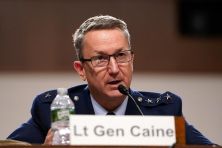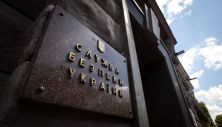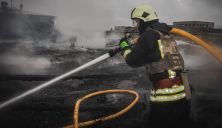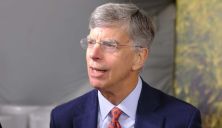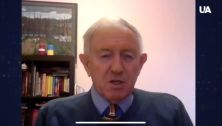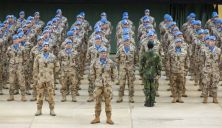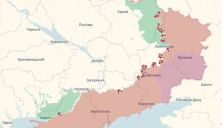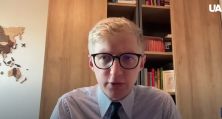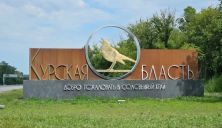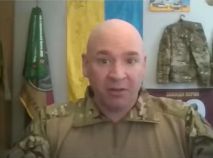Putin signed a law revoking Russia’s ratification of the nuclear test ban treaty. The State Duma voted for the relevant law in mid-October, and on October 25 it was approved by the Federation Council. On the same day, the Kremlin rehearsed the so-called retaliatory “nuclear strike.” This speaks to the technical insolvency of the Russian Federation, first of all. And the second is the desire to demonstrate disagreement with world security policy, in the field of non-proliferation of nuclear weapons. This opinion was expressed on the FREEDOM TV channel by professor and nuclear energy expert Ludwig Litvinsky.
He said that the cost of rehearsing a nuclear strike is equivalent to launching a ballistic missile.
“This is what Russia can afford and what it constantly does against Ukraine during aggression. Therefore, the costs are relatively small: they are not billions of dollars, but millions,” Litvinsky said.
The expert emphasized that in this way the Russian Federation is raising the temperature.
“Russia has been doing this regularly since February 2022, and each time more and more dire threats are made from them regarding any nuclear incidents. Here is another increase in these threats. Well, so far it hasn’t led to anything,” Litvinsky said.
The guest of the broadcast added that if nuclear explosions are carried out in the atmosphere, then radioactive substances are released into the atmosphere and this has a very bad effect on the environment.
“They will most likely carry out some tests. Another thing is how quickly this will happen and whether “something” will happen in Russia itself before they reach the stage of real nuclear tests,” Litvinsky said.
